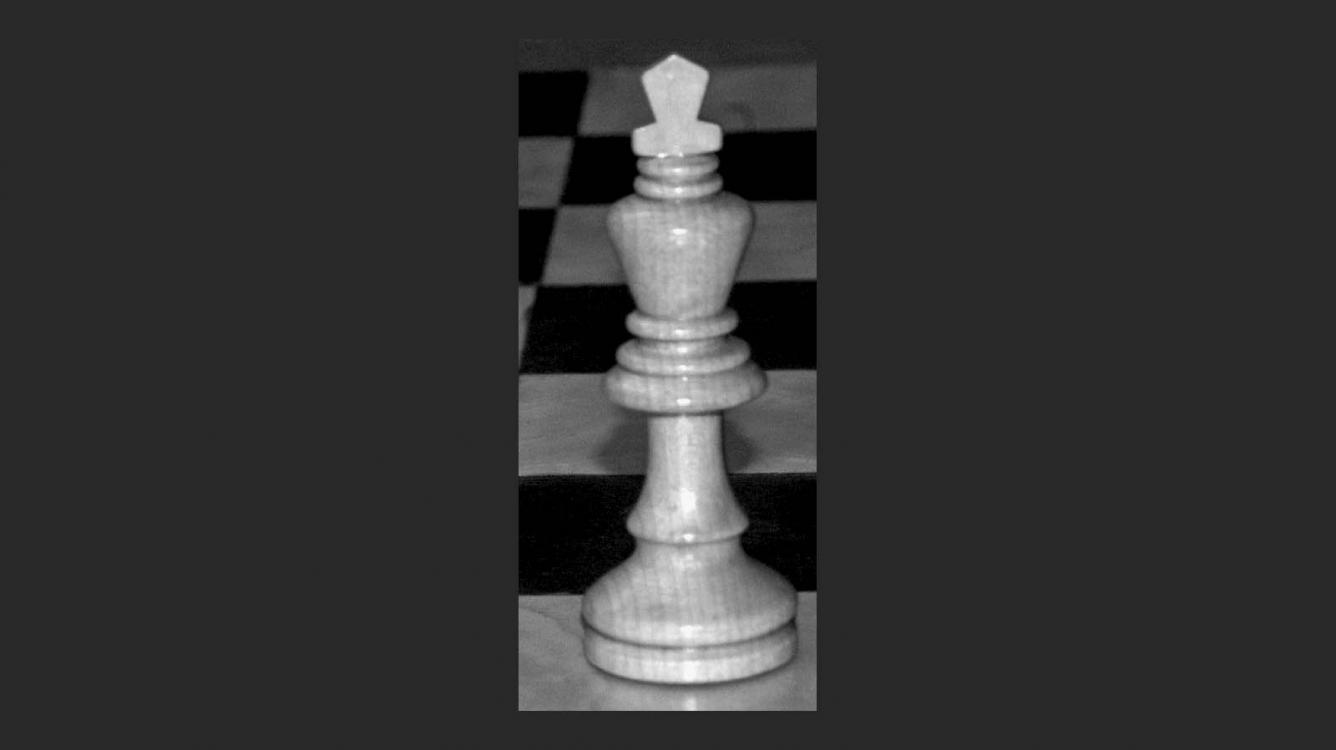
Bobby Fischer Poem and William Lombardy
I have decided to start a series of blogs in the new year. As I thought about it, many ideas presented themselves. I may pursue them later, but as it is Christmas time, I thought I would start with a series of blogs honoring three people who have deeply and profoundly affected my attitude toward chess and life. The first blog, today’s blog, will set the background.
Toward the end of his life, William Lombardy visited the Mechanics Institute in San Francisco, California. I remember when he came in and sat next to me on the first day of the Imre Koenig event. This was a special two-day round-robin event where invited grandmasters competed against each other. If I remember correctly, there were only four players, Daniel Naroditsky and Sam Shankland.
I did not recognize the stranger who sat next to me, but John Donaldson, the MI chess director, did. He greeted him and brought out an old picture of a chess event with Lombardy sitting in the front row. Handing the picture to Lombardy, he asked Lombardy if he remembered. Lombardy smiled. Then John invited him to join us the following day for a special grandmaster luncheon.
After the luncheon, while I was cleaning up, Lombardy and I talked. I asked him what I could do to improve in chess. I told him I studied games by analyzing them, but It was a prolonged and time-consuming process. He suggested I spend 10 minutes daily going quickly through as many games as possible. “That won’t work,” I responded. So he tried a different track; he asked me if I stopped it every few minutes to analyze it when I listened to music. He had a point; I do not stop the music every few minutes while listening. Lombardy and I spent an hour or two that afternoon discussing many things. We had a wonderful time.
After that event, Lombardy often visited the MI, especially on Tuesday nights when the place was buzzing with people. Tuesday is the night of the historic Tuesday Night Marathon, which often draws more than 100 players.
As participants finish, they gather in the skittles room with walls covered with pictures of famous chess players. A tall picture of Tal smoking his cigar is on one side, a photograph of Spassky giving a simultaneous exhibition at the Mechanics Institute on the other side. Over the door to the office is a framed picture of Bobby Fischer on the cover of Time magazine. Additional pictures are scattered over the walls, such as Frank Sinatra and Walter Browne playing chess, giving the room the comfortable feeling of a home rather than a club. The room is filled with solid wooden chess tables, each with its history.
On Tuesday nights, the room is packed as the players of the Tuesday night marathon stream in. “What would you have done if I played this?’’ “Why did you play this move?” “What were you thinking here?” “You nearly got me there.” “Why didn’t you play this move?”
These questions, asked quietly at various tables as players analyze their games at each table, give the room a quiet buzz of fellowship and camaraderie. Lombardy and I were sitting at one of the tables across from each other. He had been talking to one of his friends, who just had left. So I sat across from him, handing him a poem I wrote about Bobby Fischer. I always wondered if my portrayal of Bobby Fischer was accurate, and here I had someone who knew him well. I was not going to let this opportunity slip by.
At first, he was reluctant to read it, but he agreed. As he started reading the poem, I heard him comment, “I like this….” “The wording here needs to be changed…” etc. When he had finished, I looked eagerly at him. “Did I capture Bobby Fischer?” He nodded; there was a pause, and then I heard him quietly say, “It could have been me.”
Bobby Fisher
Bobby was a person unique
he played chess when it wasn’t chic
he applied his mind to each square
with an intensity very rare
his world soon became a place well-defined
focus on line and row clear in his mind
logic and poetry he could see
in wooden pieces of little value to you and me
To maximize the personality of each piece
each opportunity, he would seize
fiercely he defended the right to each square
for his pieces to be there
The pure world of black and white
Was his delight
The world of grey, he could not understand
How does one against a world of grey defend?
today black is black
Tomorrow black is white
how does one set such confusion aright?
How does one address with logic and art
A world whose internal consistency is torn apart.
-------------
You ask me if I, as a chess genius, do I myself see
if I say yes, you despise me
if I say no, that is ok
it’s what I am expected to say
so I should speak what is not true
to satisfy you
This is abhorrent to me
The logic of it I cannot see
I’ll return to a world where I am free
to speak about things
as they appear to me.
-----------
At the board, my thoughts are judged by checkmate, or I resign
be it his words or mine
A draw can be -- but on that, we both agree
the framework of decision-making is clear
There is no grey here
I prefer to put my energy
in a world of black and white
wrong and right
a world that seems to me
a little less confusing and wobbly
you see
when I played for world victory
you stole that world of chess from me
by questioning my integrity
you destroyed my inner harmony
@Renate-Irene